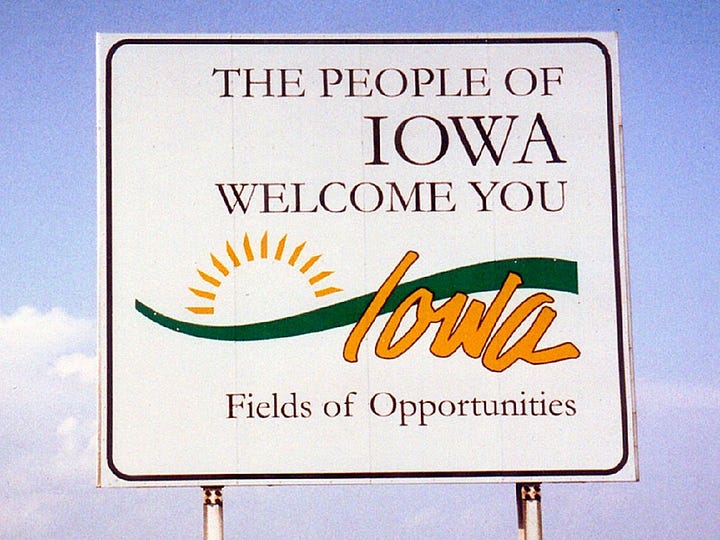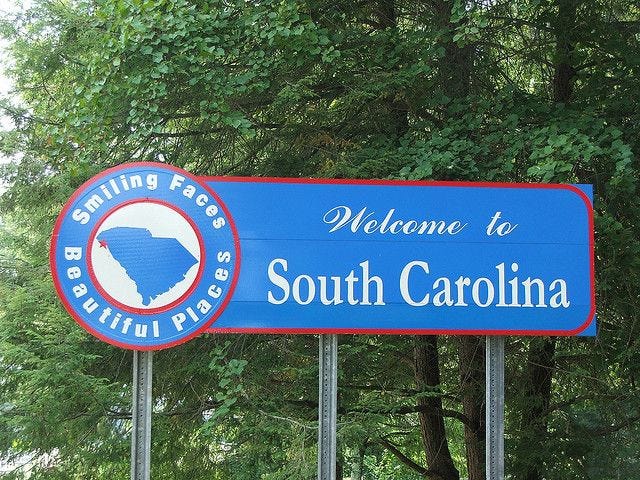Not-So-Subtle Racism In The Primary Calendar Fight
If Progressives Ever Want To Win Nationally, They Have To Win Minority Voters.


Ever since the Democratic National Committee changed the early presidential primary states late last year, progressives in the party have been complaining that the new calendar intended on protecting President Joe Biden from a potential challenge from the left. Progressives have loudly declared that the primary process was being “rigged” against a poten…
Keep reading with a 7-day free trial
Subscribe to Nick Rafter Writes to keep reading this post and get 7 days of free access to the full post archives.


